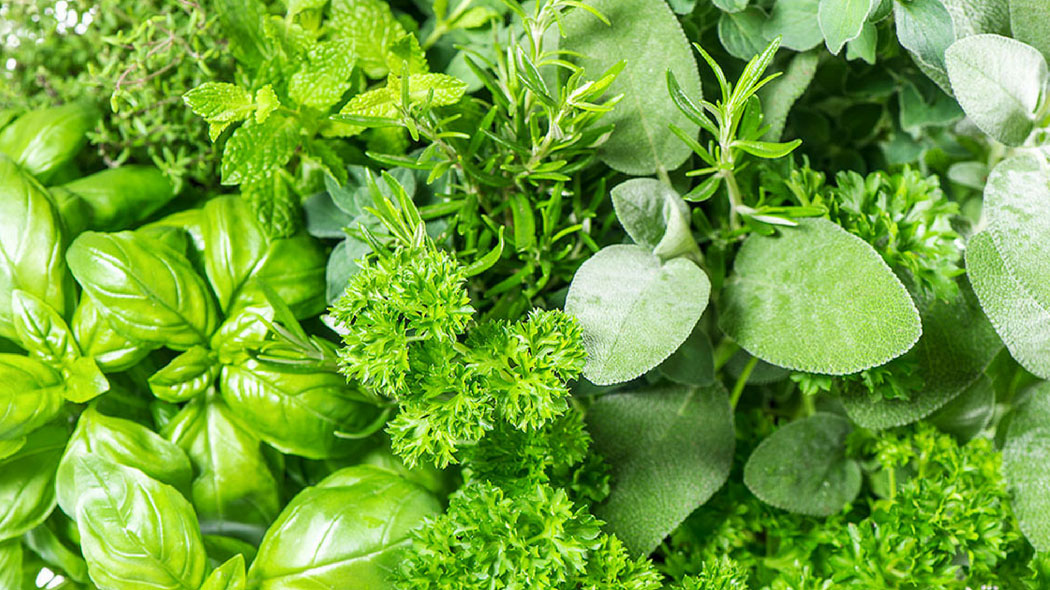Natural medicines not only enhance the health of the lungs but also treat infections by curing them entirely. These are the 14 best plants to clean your lungs and stop the cough, bronchitis, and asthma.
Licorice root
Licorice oil is one of the most popular in the world for treating the lungs. Traditional Chinese medicine uses the licorice root in all its forms more than any other herb.
Licorice root calms and softens the throat membrane, it reduces throat irritation and acts as mucoactive agent, it will help with the cough. The compounds of this herb will help you eject the mucus in the respiratory tract.
Root compounds reduce bronchial cramps and block free radicals that create inflammation allowing air flow. These compounds also have an antibacterial and antiviral effect. Glycaryins and flavonoids can even prevent the formation of cancer cells in the lungs.
Cannabis
Extraction and inhalation of cannabinoid essential oil significantly reduce the irritation of the oral cavity that occurs during smoking. Cannabis is probably one of the most effective anti-cancer drugs in the world, which is shown by numerous studies.
The active ingredients in cannabis stimulate the body’s natural response, greatly reducing the chances of spreading infections. Inhalation of cannabis purifies sinuses and bronchi. It is even proven that it also treats asthma.
Thyme
Thyme is great for clogged lungs. It produces powerful antiseptic essential oils, which are classified as natural antibiotics. It is also good against acne and can improve the effect of the cosmetic creams. Thyme tea is great for eliminating bacteria and viruses. It is used to treat the lungs, and especially for bacterial infections.
Oregano
Oregano contains numerous vitamins and nutrients suitable for the immune system, but its primary benefits are due to carvacrol and rosemary acid. Both compounds act to reduce nasal congestion and reduce histamine by purifying the airway.
Oregano oil can be used against dangerous bacteria, such as Staphylococcus aureus, better than many conventional antibiotics. Oregano has so many health benefits that everyone should have an organic oregano oil bottle in their home.
Inula helenium
Inula helenium was used by the old Indians to cleanse the excess mucus in the lungs. It is known as a natural antibacterial agent that prevents lung infection. You can dissolve the plant in warm water, but consume it in the form of tincture.
Lobelia inflata
The lobelia extracts contain lobelin, which positively affects the treatment of a tumor that is resistant to several drugs. Lobelin reduces the amount of mucus and prevents the clogging of the nose.
Also, lobelia stimulates the adrenal glands that release epinephrine, which makes it easier to breathe. The lobelia relaxes the smooth muscles, and its compounds create a number of anti-cough and cold medicines.
Eucalyptus
This Australia native plant is used by many as a refreshing aroma, which purifies the airways and soothes the throat irritation.
It is a common ingredient of pastilles and syrup, and its effectiveness is due to the compound called “cineol”. Cineol has numerous benefits. It acts as a remedy for coughing, prevents nose mucus and reduces the irritation of the sinuses. Eucalyptus also contains antioxidants, which means it acts as a boost to the immune system.
See also: These 4 herbs can protect your brain from Alzheimer’s, Depression, Anxiety and much more
Lobaria pulmonaria
This is a plant that grows on a tree and looks like a person’s lung tissue. It not only looks like a lung, it also helps in curing the lungs.
Sage
Its leaves have a specific aroma originating from its essential oil. This oil helps with curing lung problems and common colds.
The sage tea is a traditional remedy for a sore throat and cough. It is rich in the aromatic properties of thujone, camphor, terrore and can be used as inhalation with tea from a tubule.
Mint
Mint and its oil contain menthol, ingredients that relax the muscular respiratory tract, facilitating breathing. The dried mint usually contains, menthol, methyl acetate, mentofuran, and cineol.
The oil also contains a lower amount of lemonone, pegegone, coriophylene and pinene. Many people use mint to reduce clogging at the nose, and it is also a good antioxidant.

